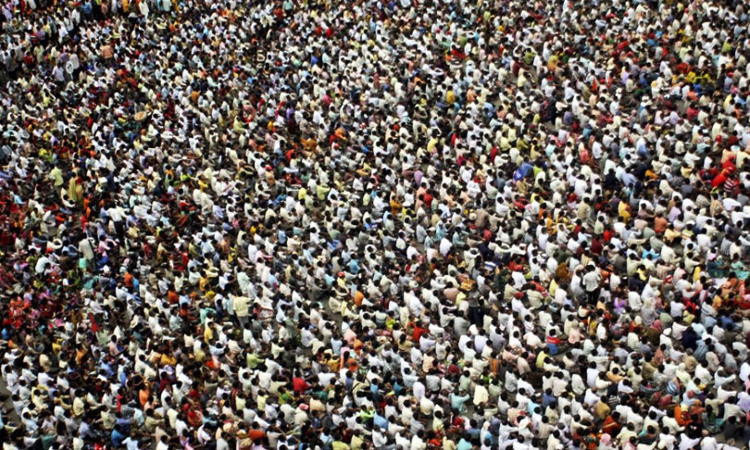Delhi HC Rejects PIL Seeking Population Control Measures Such as Two-Children Policy
Karan Tripathi
3 Sept 2019 7:02 PM IST

Next Story
3 Sept 2019 7:02 PM IST
Delhi High Court dismissed a PIL seeking directions to be issued to the government to take measures for population control, including the two-children policy. The Division Bench of Justice DN Patel and Justice Hari Shankar refused to entertain the plea citing that making any policy on child control is the prerogative of the government. Advocate Ashwini Upadhyay, who filed the present PIL,...
